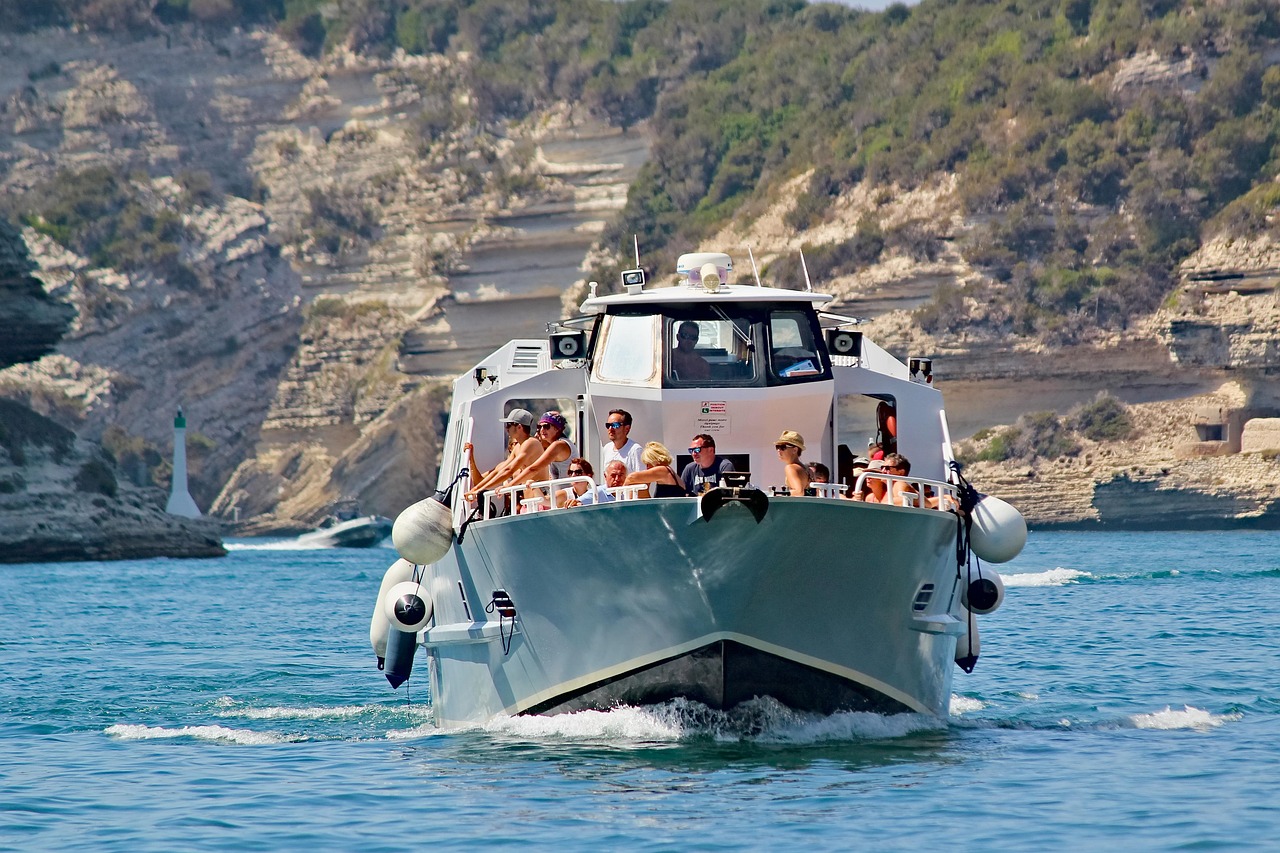Traveling allows individuals to experience diverse cultures, landscapes, and traditions, but one of the most exciting aspects of global travel is the opportunity to participate in or witness festivals. Festivals, often rooted in historical or religious traditions, offer a unique window into the heart of a community’s culture and spirit. From joyous celebrations to colorful parades, the diversity of festivals across the globe is a testament to humanity’s shared desire to connect, celebrate, and honor traditions. Whether it’s dancing in the streets of Brazil, savoring culinary delights in Thailand, or witnessing the ancient rituals of India, some festivals are truly worth the journey. Below, we’ll explore a selection of these remarkable festivals and explain why they should be on any traveler’s bucket list.
Carnival in Brazil
The world-famous Carnival in Brazil is an explosion of color, music, and dance that draws millions of visitors to the streets each year. Held annually before Lent, this celebration is often considered the biggest and most vibrant festival in the world. The main hub for Carnival activities is Rio de Janeiro, where samba schools engage in a spectacular competition showcasing elaborate floats, intricate costumes, and energetic dances. The Samba Parade at the Sambadrome is a highlight, drawing visitors from all over the world to watch the majestic procession and experience the contagious excitement of the dancers.
But the spirit of Carnival isn’t just confined to Rio; throughout Brazil, various cities host their own unique celebrations, each with a distinct flavor. In Salvador, for instance, Carnival is marked by street parties and blocos (street bands) that move through the city’s historic districts, while in São Paulo, the celebrations are more akin to grand performances. Carnival in Brazil is more than a mere event—it’s an embodiment of Brazilian culture and joy, making it an essential destination for those seeking an authentic and thrilling cultural experience.
Diwali in India
India is a land of rich cultural diversity, and one of the most significant festivals in the country is Diwali, also known as the Festival of Lights. Celebrated by millions of Hindus, Sikhs, Jains, and Buddhists, Diwali marks the victory of light over darkness and good over evil. The festival lasts for five days, with each day having its own set of rituals and customs. Homes and streets are adorned with thousands of oil lamps, known as diyas, as well as colorful rangoli patterns made from powdered colors, flowers, and rice. Fireworks light up the night sky, while families come together to offer prayers, exchange gifts, and indulge in sweets.
Traveling to India during Diwali offers an unmatched experience of spirituality, culture, and warmth. While cities like Delhi and Varanasi are known for their grand celebrations, even smaller towns and villages host vibrant festivities that are deeply rooted in local traditions. Participating in Diwali allows travelers to witness the beauty of Hindu traditions while enjoying the hospitality of the Indian people, making it a must-visit festival for those seeking cultural immersion.
Songkran in Thailand
For those who are looking for a festival filled with fun, water, and an infectious sense of community, Thailand’s Songkran Festival is the place to be. Held in mid-April, Songkran marks the Thai New Year and is best known for its water fights. On this day, locals and tourists alike pour or spray water on one another in the streets, symbolizing the cleansing of bad luck and the welcoming of new beginnings. The traditional custom of visiting temples to make offerings and pour water over Buddha statues is still an integral part of the celebration, but the modern-day water battles have become the festival’s hallmark.
While the water fights in cities like Chiang Mai, Bangkok, and Pattaya can get chaotic, the atmosphere is filled with joy, laughter, and a sense of camaraderie. Traditional Thai performances, street markets selling local food, and colorful parades further add to the festive mood. For anyone looking for a lively, fun, and memorable festival experience, Songkran in Thailand is a must-see.
The Running of the Bulls in Spain
For adrenaline junkies and those with a thirst for adventure, the Running of the Bulls in Pamplona, Spain, is one festival that stands out. Part of the larger San Fermín Festival, which takes place every July, the event involves participants running ahead of a group of bulls through the narrow streets of Pamplona. The bulls are guided toward the city’s bullring, where they will later face their fate in a traditional bullfight.
While the Running of the Bulls has received criticism due to the nature of bullfighting, it remains a deeply ingrained tradition in Spanish culture. For travelers seeking an electrifying and unique experience, witnessing the festival in person is an unforgettable adventure. The rush of adrenaline, the anticipation in the air, and the camaraderie between participants make it a one-of-a-kind festival to attend, though it’s crucial to be aware of the risks involved. Even if you don’t participate in the run, the San Fermín Festival features street parties, music, and traditional Spanish food, making it a lively celebration of Spanish culture.
Oktoberfest in Germany
One of the most famous beer festivals in the world, Oktoberfest in Munich, Germany, is a haven for beer lovers. Held annually from late September to the first weekend in October, Oktoberfest is not just about the beer—it’s a celebration of Bavarian culture, food, music, and traditions. Visitors from across the globe flock to the Theresienwiese fairgrounds to drink from enormous steins of beer, enjoy hearty traditional foods like bratwurst, pretzels, and roast chicken, and dance to live German folk music.
Oktoberfest is an event that blends rich history with modern festivities. With its iconic beer tents, parades, and carnival rides, it offers a fun and lively atmosphere for all ages. Even those who are not die-hard beer enthusiasts can enjoy the vibrant atmosphere and cultural immersion. Dressing in traditional Bavarian attire, such as lederhosen for men and dirndls for women, adds an authentic touch to the experience, making Oktoberfest a festival that truly represents the spirit of Germany.
St. Patrick’s Day in Ireland
St. Patrick’s Day is a cultural and religious celebration that takes place on March 17th, honoring St. Patrick, the patron saint of Ireland. Though the holiday is celebrated worldwide, there’s no better place to experience it than in Ireland itself. The capital, Dublin, hosts a multi-day celebration filled with parades, concerts, street performances, and, of course, plenty of traditional Irish food and drink. The streets of Dublin come alive with people dressed in green, playing traditional Irish instruments like fiddles and bagpipes, and dancing to lively folk music.
Beyond the parades, visitors can immerse themselves in Irish culture by exploring the country’s rich history, visiting ancient castles, and enjoying the warm hospitality of the Irish people. For anyone seeking an authentic St. Patrick’s











